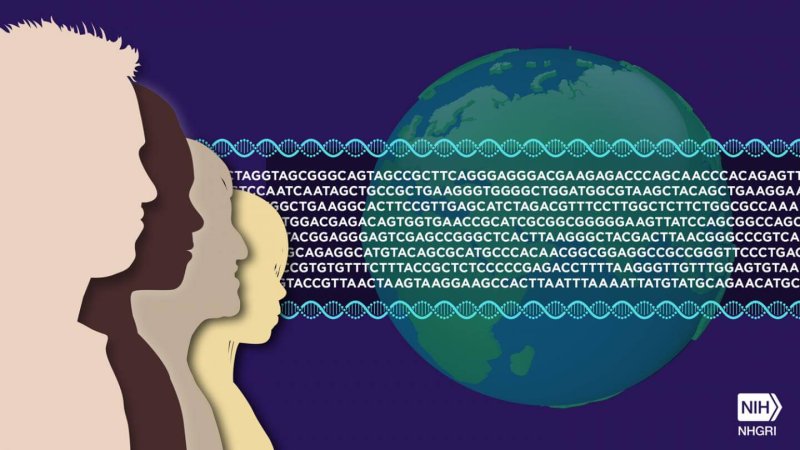A new study has identified more than 61,000 novel genetic sequences across 1,000 Swedish genomes that are absent from the human reference genome. Many of these sequences were also found in African and Icelandic genomes, and even the chimpanzee genome, suggesting they are ancient. The findings, published [September 24] in Molecular Biology and Evolution, highlight the diversity of human DNA and underscore the need for an improved reference genome that’s more representative of human genetic variation.
…
Some of the novel sequences were common, but most of them were relatively rare across the study population, a fascinating aspect of the study to [geneticist Anna] Lindstrand. “Even though we humans are so similar, there’s also so much diversity,” she remarks.
…
Regardless of how researchers decide to alter the reference genome, improvements will have many benefits to science, Lindstrand stresses. “By improving the reference, we will diagnose more patients and that will be very beneficial to the medical community when we move towards personalized medicine,” she adds.
Read full, original post: Human Reference Genome Doesn’t Capture Full Genetic Diversity































